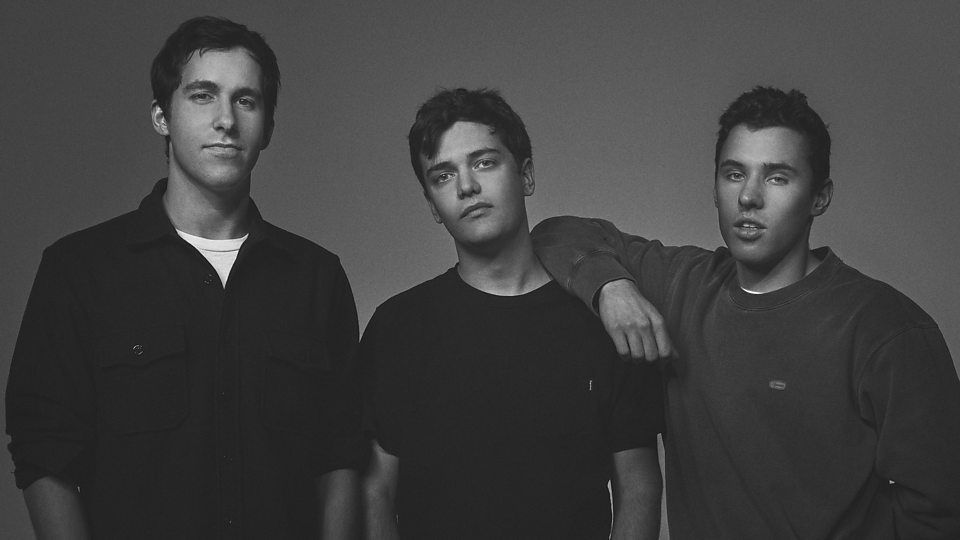With "Talk Memory", BADBADNOTGOOD creates an unforgettable jazz album
by Jylah Bah
2021-10-21

Starting as a simple group of jazz and hip hop enthusiasts in college, BADBADNOTGOOD came together in order to make jazz renditions of their favorite pieces. From artists such as Odd Future, MF DOOM, and A Tribe Called Quest to artists like Waka Flaka Flame, Lil Wayne, and Gucci Mane, the band reached across the aisle, aiming to make a jazz cover of every type of hip hop. As time went on they became more than just a cover band; they started to utilize the intersection of jazz and hip hop to create something new, something totally different. Every note strummed and every tone produced in Albums such as IV and Sour Soul seemed to literally breathe new life into jazz. Consistently, BBNG evolves and transforms. With Talk Memory, however, they went back to their roots and rebuilt from there to create a transformative experience.
Restructuring BBNG’s sound from its roots was difficult, especially without the help of founding member Matthew Tavres. However, the group took advantage of this. Rather than taking their initial route of “jazz-hop,” they took an alternative route, one of total jazz-fusion. Departing from their traditional ensemble of keys, synth, saxophone, and drums allowed them to incorporate as many instruments as they wanted. It was more than just the instruments played. It was how they were played as well, even with the technical style of the drums changing from song to song. Guitars were no longer the only strings plucked with each note played being accompanied by an ensemble of strings.
Accompanying them on their journey were jazz veterans Athur Verocai, Laraaji, and Terrace Martin, each of them adding their distinct sounds to create a revolutionary listening experience. Despite a strong supporting group behind them, BBNG decided to start off Talk Memory by themselves with “Signal From The Noise,” a nine-minute song almost lovecraftian in nature. With a composition of clashing alto sax riffs, an ominous synth chord progression, and a heroic electric guitar performance, BBNG announces loud and clear that this album is a departure from their usual work. After striking fear into our hearts with a powerful opener, Laraaji mends the wound with his masterful use of the zither in “Unfolding (Momentum 73),” all while setting up for the next big introduction, Arthur Verocai and his army of strings. For three songs in a row, Verocai expertly commands his quartet of strings in tandem with BBNG to produce pieces reminiscent of youth – or, specifically for “City Of Mirrors,” the complexities of love. Jazz drummer Karriem takes charge during the second Verocai takeover in track “Beside April” with devious licks being played in time with a phenomenal electric guitar run. As the final piece of the back-to-back Verocai series, “Love Proceeding” features an almost conversation-like exchange between Leland Whitty’s (BBNG member) saxophone and Verocai’s strings. If you weren’t already completely drawn in, the finale of Talk Memory features Verocai, Martin, and the exquisite harpist Brandee Younger, coming together to make a crossover more ambitious than Marvel’s Endgame. Every note that Martin plays through his alto sax is beautifully accompanied by Younger’s harp and echoed by Verocai’s strings. As the album comes to a conclusion with a harp solo and loops itself back into the start, it’s as if the dream has reached its end, and the nightmare begins once more.
